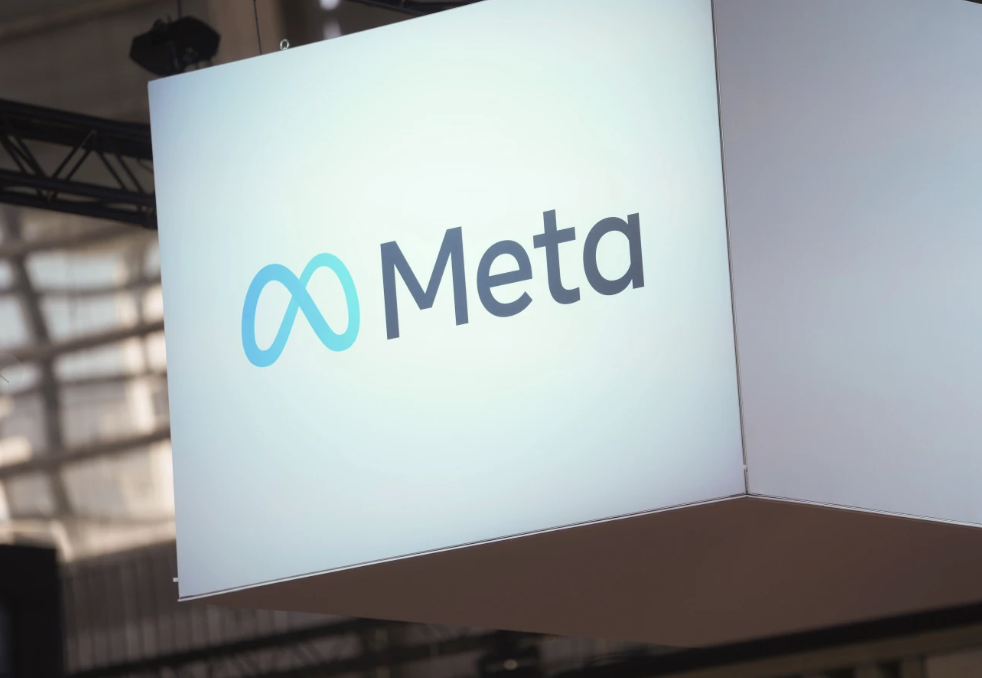Apple and Meta were hit with major fines by European regulators on Wednesday, marking a significant step in enforcing the European Union’s new digital competition law. The European Commission, the executive arm of the EU, fined Apple €500 million (around $571 million) for restricting app developers from informing users about more affordable alternatives outside of its App Store. Meta, the parent company of Facebook and Instagram, was fined €200 million for its approach to personalized advertising, which regulators said did not give users a genuine choice.
These penalties are part of the Digital Markets Act (DMA), a new legal framework introduced by the EU to curb the dominance of major tech companies and ensure fairer digital markets. While the fines are substantial, they are smaller than some of the multibillion-euro penalties previously imposed on other tech giants in antitrust cases.
Under the DMA, both Apple and Meta have 60 days to comply or face ongoing penalty payments. Although the decisions were expected in March, they were delayed amid rising tensions in EU-U.S. trade relations.
The EU’s Vice President for Tech Sovereignty, Henna Virkkunen, stated that the aim of the new rules is to give citizens more control over their personal data and allow businesses to freely interact with their customers. According to her, Apple and Meta limited these freedoms and now must change their practices.
Both companies signaled they would appeal the rulings. Apple criticized the Commission for constantly shifting its expectations, despite the company making significant changes to meet the new regulations. Meta’s Chief Global Affairs Officer, Joel Kaplan, claimed the EU was unfairly targeting successful American companies, accusing the bloc of applying inconsistent standards.
Responding to concerns that these moves could escalate trade tensions, EU officials emphasized their neutrality, saying that the origin of a company doesn’t influence enforcement. “All companies, regardless of where they’re from, must follow the same rules in the EU,” said Commission spokesperson Thomas Regnier.
In Apple’s case, regulators found that the company had created barriers preventing app developers from steering users to cheaper options, violating the DMA’s requirements to allow more open communication between developers and users. Apple argued it had invested significant resources into complying with the rules and criticized the Commission’s shifting demands.
For Meta, the fine stemmed from its policy requiring users to either accept personalized ads or pay a fee to avoid them—something EU regulators said doesn’t meet the standard of free consent for data use. Although Meta later added a third option to allow fewer personalized ads without paying, the Commission is still evaluating whether this new approach meets legal requirements.
Meta described the fine as a de facto tariff on its services and argued that limiting personalized ads hurts both users and European businesses.
Earlier this year, the EU also ordered Apple to make changes to its mobile platforms to better accommodate competing technologies, but that action didn’t come with a fine.














